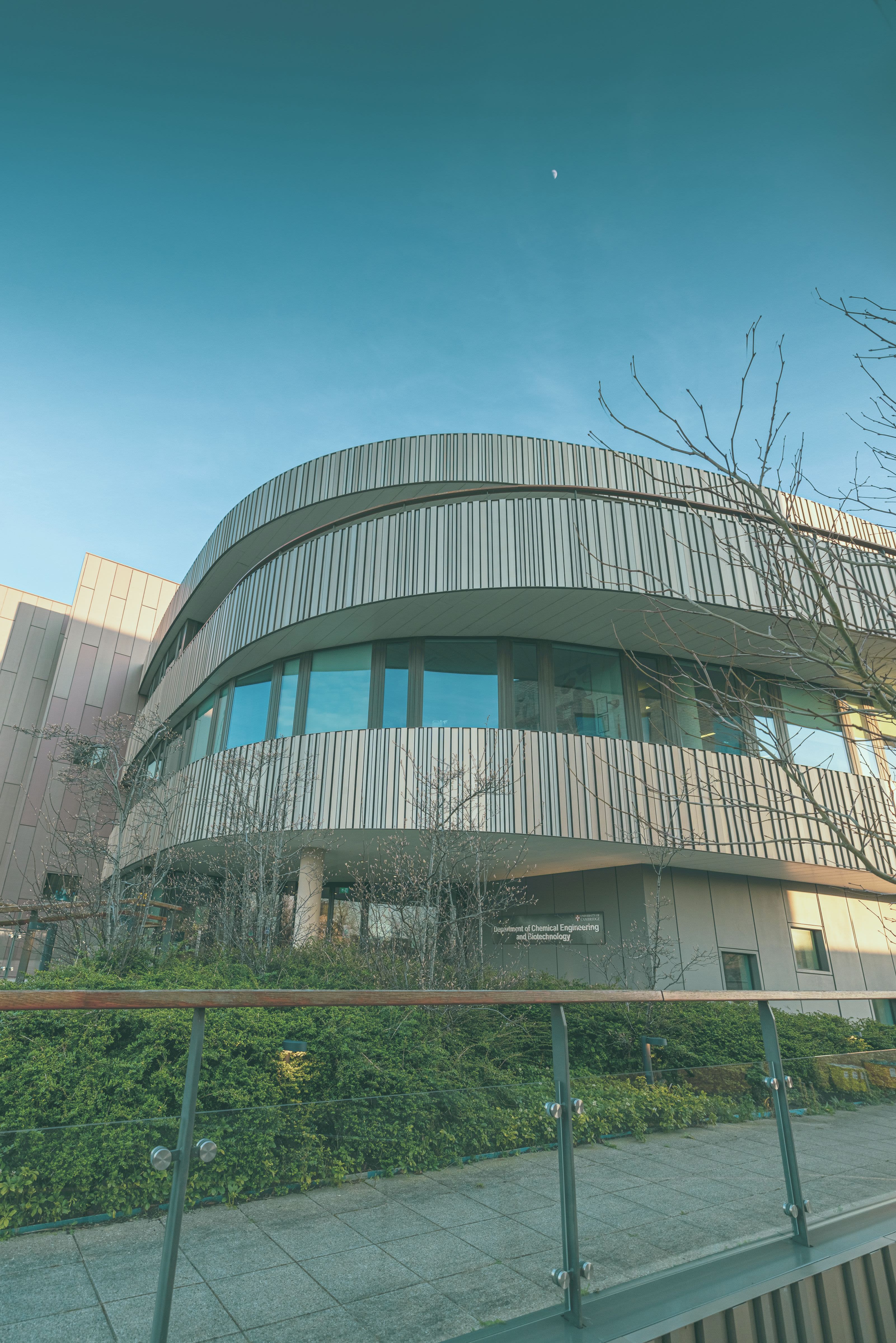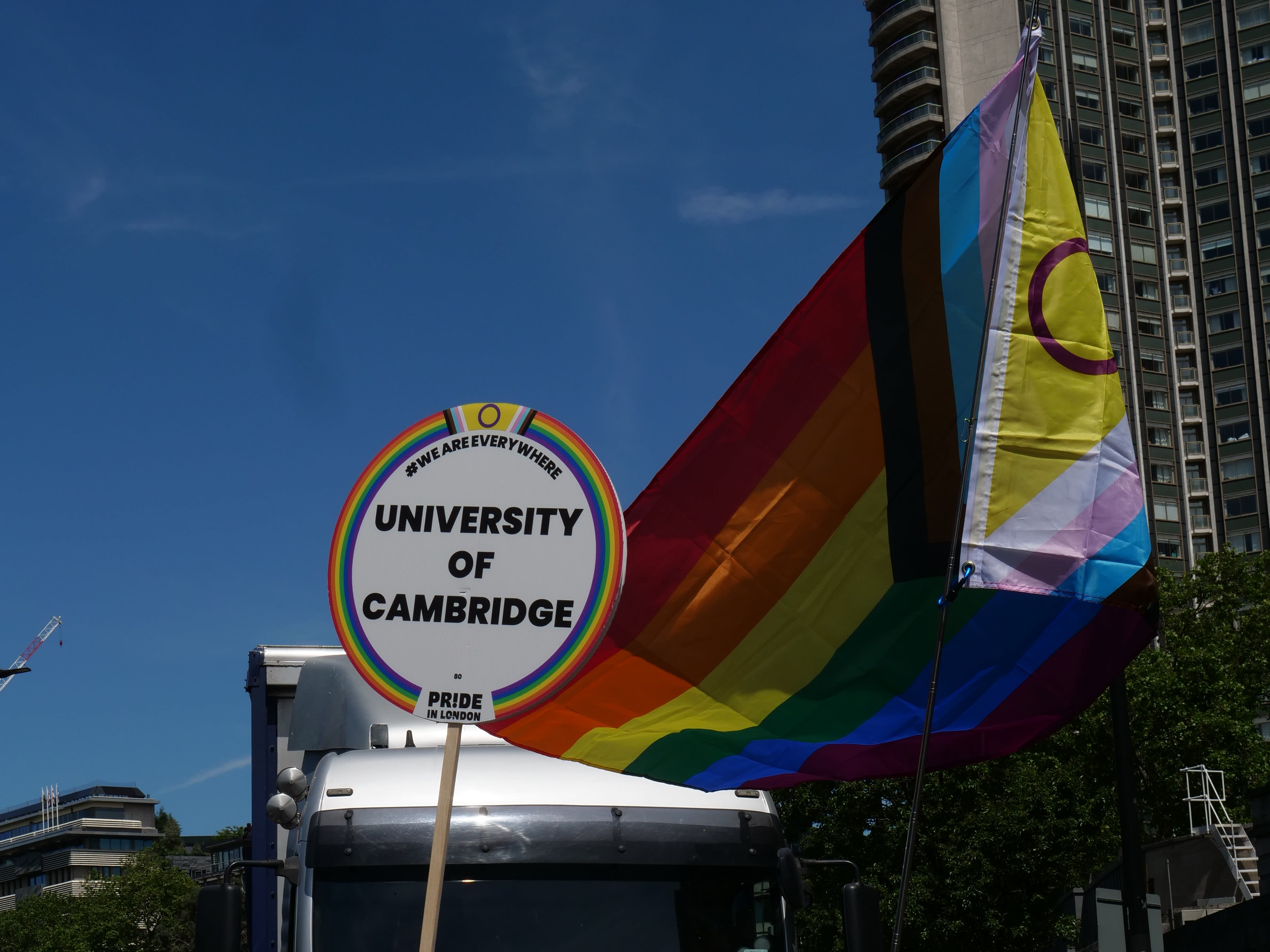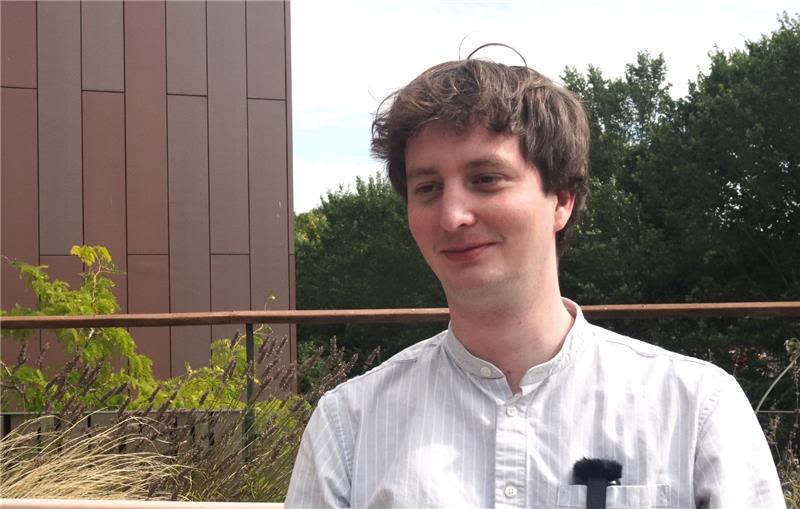BLOG
The importance of welcome, inclusive spaces in academia

Samuel McDermott, co-chair of the University of Cambridge LGBTQ+ Network and Associate Teaching Professor of the Sensor CDT programme, reflects on the importance of LGBTQ+ in STEM Day.
Highlighting the contributions of trailblazing scientists like Rachel Carson, George Washington Carver, and Ben Barres, he underscores the need for inclusive environments in science. Despite progress, challenges remain, with many LGBTQ+ scientists considering leaving their workplaces due to discrimination.
As we observe LGBTQ+ in STEM Day and Transgender Awareness Week, Samuel calls for visibly welcoming communities, inclusive policies, and meaningful action to support and empower LGBTQ+ individuals in academia and beyond.
Today is LGBTQ+ in STEM (Lesbian, Gay, Bisexual, Transgender and Queer/Questioning in Science, Technology, Engineering and Mathematics) day. It might be a lot of acronyms, but that’s because the day is all about ensuring we highlight the work and barriers facing all LGBTQ+ people across these disciplines.
"We should take time to celebrate LGBTQ+ people who have worked in chemical engineering and biotechnology, my department, among the many others."
For example, Rachel Carson, who advanced the global environmental movement by exposing the dangers of synthetic pesticides, and George Washington Carver, an agricultural scientist and pioneer of chemurgy. And Ben Barres – whose research uncovered the contribution of glial cells to brain development, function, and disease – was the first openly transgender member of the US National Academy of Sciences.
Supporting an inclusive environment in science enables everyone to succeed, and we have seen important progress in this area. However, the Exploring the Workplace for LGBT+ Physical Scientists report by the Royal Society of Chemistry, Institute of Physics, and Royal Astronomical Society found that 28% of LGBT+ people working in the physical sciences in the UK and Ireland at some point considered leaving their workplace because of the climate or discrimination towards LGBTQ+ people.
This week is also Transgender Awareness Week, culminating in Transgender Day of Remembrance on 20 November. Nearly half of physical scientists who identified as transgender had considered leaving their workplace because of its environment.
"We should pay particular attention to supporting our friends and colleagues during the continued challenges they face in securing rights, acceptance, and representation"
The report proposes that the climate in scientific workplaces can be made more supportive by creating a visibly welcoming community, developing inclusive policies and implementing them consistently, and improving training. By setting this vision for staff, students will also feel comfortable, as illustrated in the Out at Cambridge report.
Good networks are consistently shown to improve the workplace environment for LGBTQ+ people. I became co-chair of the Cambridge University LGBTQ+ network earlier this year. The network connects all staff and postgraduates across the University and its related institutions, and we currently have over 500 members. Through community, collaboration and advocacy, we work to empower and celebrate LGBTQ+ individuals.
You are very welcome to join us at one of our events.



